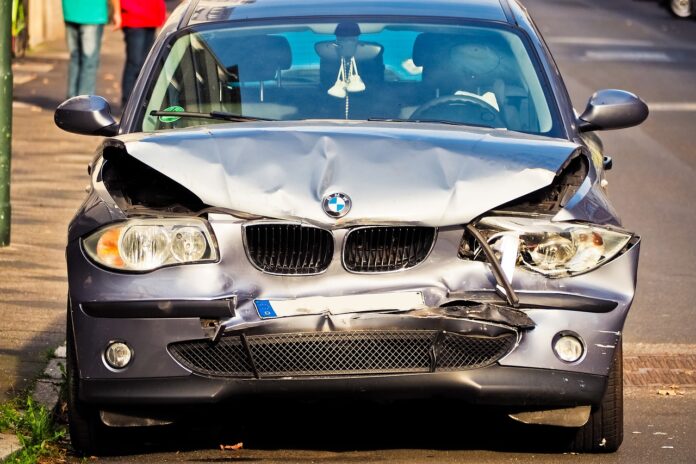If you have been in a car accident, one of the most critical questions to ask is: “Who was at fault?” The answer to this question is so important for a number of reasons and if you are looking to prove that an accident was not your fault, a car accident lawyer can collect evidence on your behalf.
In the vast majority of states, the driver who is at fault for the accident will bear the full financial responsibility. This is usually handled through an insurance company that will cover costs for injuries and other losses that have occurred due to the accident.
Being at fault for a car accident will cause your insurance premiums to increase, adding demerit points to your record. Being culpable can also lead to criminal charges in some instances. If you were driving poorly due to being under the influence of drugs or alcohol, then you may face external charges and issues.
The issue of fault is always discussed whenever you are talking to an insurance adjuster after you have been in a car accident. If you cannot reach a settlement, then the issue of fault will come up once again after you have filed a car accident lawsuit.
What Is Fault Defined As?
Personal injury law governs situations in which a person is harmed by another. The term ‘fault’ refers to the key concept that allows an injured person to recover appropriate amounts of compensation for the harm that is caused by another person.
Thus, in the case of a car accident, the person who is at fault is always financially responsible for any resulting harm that has been suffered by others as a result of their poor actions and reckless driving.
When dealing with a car accident insurance claim in court, you will also need to prove:
– That the law required the other person involved to be careful.
– That the other person failed to obey these laws and enact due diligence.
– That the other person’s conduct caused you to become injured.
– That you suffered losses like injuries, lost income, and vehicle damage as a result of the other person’s reckless driving.
In the case of a car accident, people can be deemed as being negligent whenever they are doing something that is against the law (like speeding or drunk driving). They are also breaching their duty of care as a driver whenever they skip a stop sign. In some cases, it is more obvious that a driver has violated their duty of care. These cases are known as “no-doubt” liability. In other instances, a breach of duty may be far harder to prove in court.
Why Does Proving Fault Matter After An Accident?
Fault is so important as nearly all of the states follow a system of ‘fault’ whenever it comes to taking financial responsibility for a road accident. If states do not follow ‘no-fault’ rules, they will follow an incredibly similar hybrid system.
In “fault’ states, the person who is at fault for the accident will need to pay for any losses that are incurred by the other driver or their passengers. Losses include medical bills, lost income, pain, suffering, or car repairs. Whenever it comes to making car accident claims and injury lawsuits, proving fault means that you are required to prove negligence.
If you are negligent during a car accident, you are most definitely at fault. If you and another driver share the fault for an accident, you may avoid full liability under a contributory negligence defense, which is highly useful. For instance, if you have made a left turn at an intersection and you hit a speeding van, you are both at fault. While your culpability may be larger as you failed to make a safe left turn, your insurance company will only need to pay a certain amount of the losses due to the joint culpability for the accident.
Conclusion
To conclude, you can prove that you were not at fault during a car accident by ensuring that you have no culpability for the accident itself. You will need to prove that the other person is entirely responsible or partly responsible for the accident itself. They will then need to make payment in full via their insurance company.
The vast majority of states operate a “fault” system when it comes to car accidents. Those who have been guilty of speeding or drunk driving are far more likely to face criminal charges as well. I hope that you have found this article to be insightful and informative. Thank you for reading.Â


















